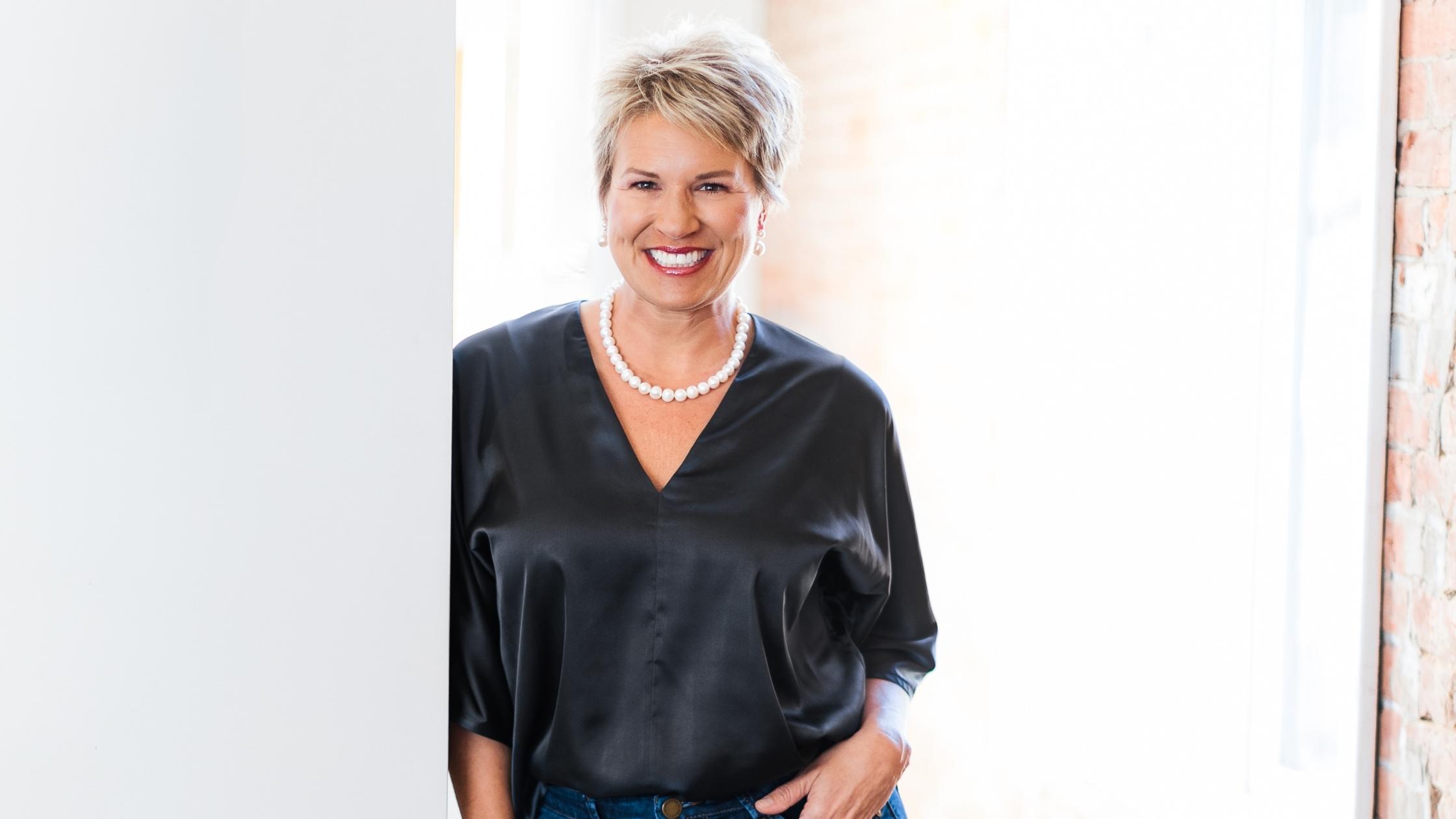Dr. Masuro Emoto discovered that molecules in water are affected by our thoughts, words, and feelings. Humans are made up of 70% of water, which means the words we expose ourselves and others to have an impact on them. He discovered that crystals formed in frozen water with positive words written on them formed brilliant, clear, snowflake patterns while negative words directed toward water formed fragmented, dark crystals.
This research proves that when we practice gratitude and send that positive energy towards ourselves, mostly made of water, we get positive results and feel happier in our lives.
What’s in the episode:
- The science between thoughts and water
- How our thoughts affect our lives in big ways
- The practice of gratitude creates positive emotions and feelings
- How to practice gratitude
“It’s time to build a life you don’t feel you have to regularly escape from. ”
– Kim Strobel
If you enjoy this episode and it inspired you in some way, I’d love to hear about it and know your biggest takeaway. Take a screenshot of you listening on your device, post it to your Instagram Stories and tag me, @kimstrobeljoy.
I would also love if you subscribed to the podcast and left a review at https://podcasts.apple.com/us/podcast/she-finds-joy/id1487739752
Kim’s Happy Academy is Open!
If you’re tired of putting yourself on the back-burner and ready to learn powerful strategies for increasing your happiness levels and reclaiming your life, you might want to grab a spot on the Happy Academy Waitlist. Over 17,000 people signed up for this 10-month program last year, now it’s your turn! Register at the link below!

